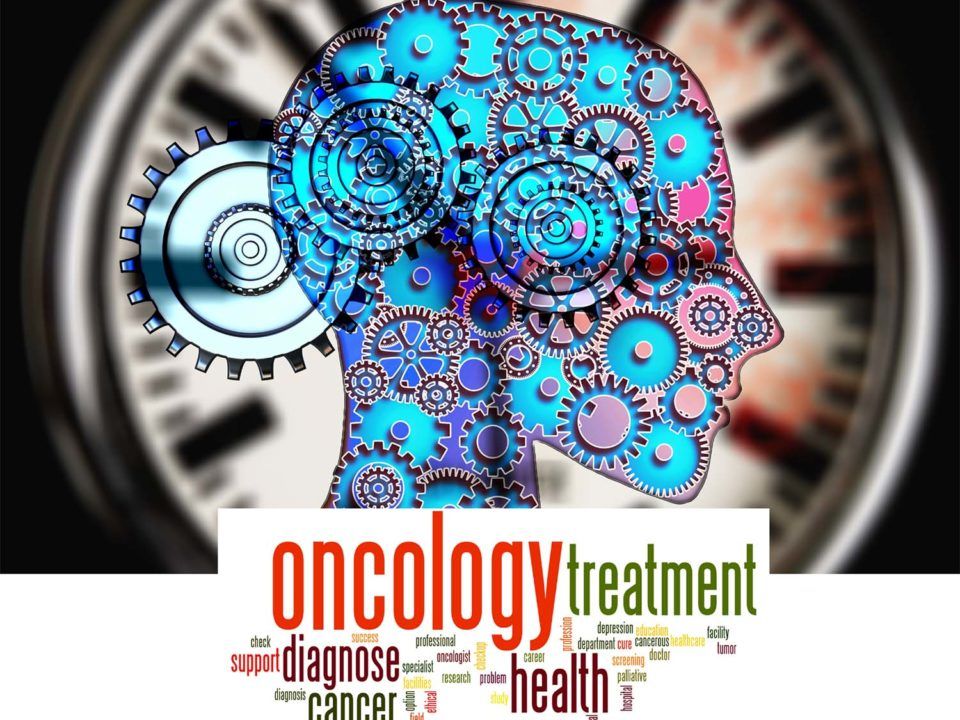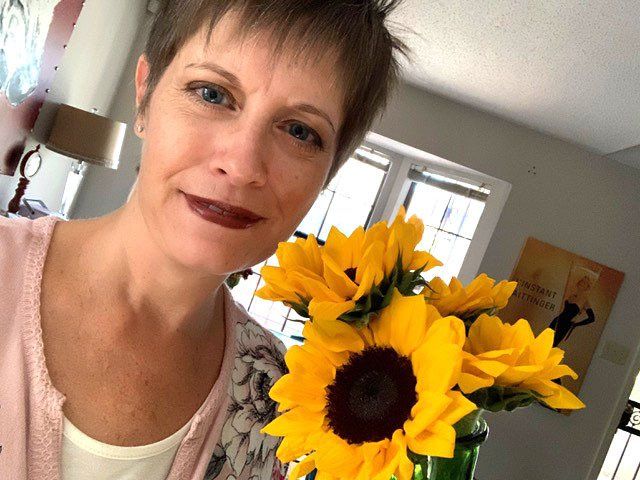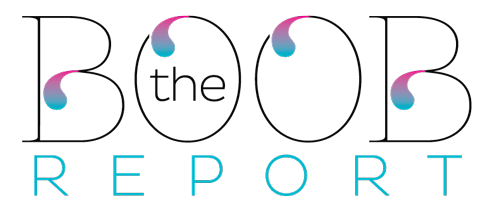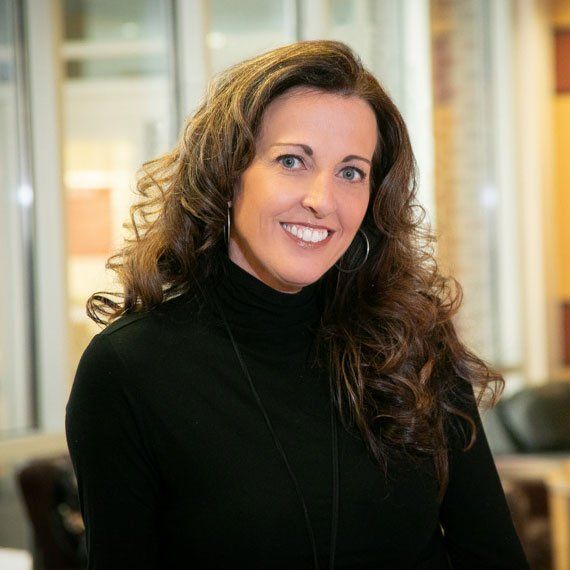
Rene and I enjoyed getting away in early February on our first trip in two-and-a-half years flying on an airplane, this time to Phoenix (Glendale) for a work conference for him. I tagged along and Zoomed, worked on spreadsheets, and answered emails the entire time from our hotel room. Definitely not a vacation, but the change in scenery and view of palm trees outside our hotel window was great. The night we arrived in Phoenix, Rene and I spoke via Zoom to seven PsyD students in the Intro to Psychosocial Oncology class offered this quarter by the University of Denver’s Graduate School of Professional Psychology (GSPP). This is the first in the Center for Oncology Psychology (COPE)’s series of four classes that I founded way back when, and it was our third opportunity to share our stories with the intro class taught by Dr. Caroline Scheiber . Dr. Scheiber is a Stanford-trained clinical psychologist who specializes in working with individuals and family members who suffer from serious medical conditions such as cancer.

October is finally here! All our houseplants are back inside, so if you visit us be careful where you walk so you don’t get stabbed by a cactus needle. It has been a while since I whined about cancer, so let’s chat about the elephant in the room. Pinktober, aka Breast Cancer Awareness Month, those 31 days of hell where I am traumatized by Pepto Bismol-colored ribbons, socks, shirts, bumper stickers, lapel pins, and pocket squares. No need to be alarmed–I am joking for the most part. As a survivor who is five months away from reaching the “5 Years a Survivor” milestone on February 10, I am melancholy, yet determined to keep bringing attention to the ongoing psychological plight some cancer survivors and caregivers face, which include anxiety, depression, fear, and even post-traumatic stress. Last week I was honored to meet with some of the doctoral students at the University of Denver’s Graduate School of Professional Psychology (GSPP). Health Psychology is one of the graduate courses in the Center for Oncology Psychology Excellence (COPE) track at GSPP, and it is being taught this quarter by dear friend and COPE Director, Dr. Nicole Taylor-Irwin. Guess what? The Health Psych class is completely full—like jam-packed full! We’re talking there are 30 students (originally 32) taking Health Psych in a school where the average class size is much, much smaller than 30. Why such an interest in how and why the brain plays a significant role in our physical health? I think it’s because the brain IS part of the body after all, and unlike a body wound that heals and possibly leaves a physical scar, a traumatic health experience like cancer can leave a permanent emotional scar. Those emotional scars caused by cancer are the reason I came up with this: “Cancer is never invited, and cancer never leaves”™

I’ve always been a healthy person.
I worked out three times a week at the gym, practiced yoga twice a week, and walked my dog every single day. Plus, the bulk of my diet consisted of organic protein, vegetables, and a handful of supplements. I never imbibed in more than the occasional cocktail and my active schedule and eating habits had always kept me slim and trim.


